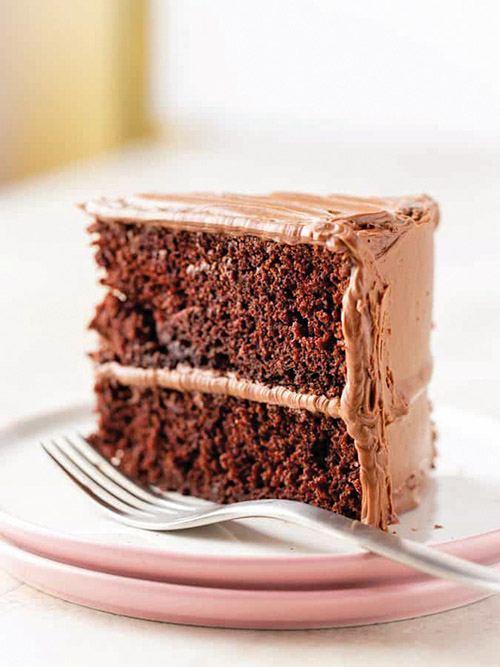
May these words of Torah serve as a merit le’iluy nishmat Meira Chaya Nechama Bracha a”h bat David Mordechai sh’eyichyeh.
A diabetic is eating cake, does he recite any berachos?
A Jew is not to benefit from this world without first reciting a blessing thanking the Almighty for the gift. Consider a man who has a bad case of diabetes—doctors have told him he may not eat any sugary foods—yet, he cannot control himself and he takes a piece of cake. Should he recite blessings? One might argue that he is not truly benefiting. He is harming and hurting himself with the sugary food and perhaps no blessing should be recited at all. Rav Zilberstein asked this question to his father-in-law, Rav Elyashiv, who answered that the man should recite the blessing of mezonos before eating, but he does not have to recite any blessing after he finishes the piece of cake.
Shulchan Aruch (Orach Chaim 196:1) rules that if a person eats a forbidden item, he should not recite a blessing either before or after. Mishnah Berurah (S”K 3) explains that since the item is forbidden, the person is angering Hashem through the act of ingestion and therefore it is inappropriate to recite a blessing on the act. In our scenario, the food endangers the life of the eater. It is therefore forbidden for him to eat the cake and the cake does not deserve a blessing. Rav Elyashiv surprisingly suggests that a diabetes patient is likely only enjoined from ingesting a proper amount of sugary food. A single crumb of cake is likely permitted to him. Even a tiny crumb deserves a blessing, and therefore, he should recite the blessing before eating the cake; however, he would only be obligated in the final blessing if he ate a sufficient amount of the cake, and since that additional amount endangered him and was not a benefit, he should not recite any blessing after eating the sweets.
Rav Zilberstein raises a challenge against this ruling from our Gemara. Our Gemara teaches that if a person ingests raw barley flour, he first recites the blessing of shehakol. The sugya explains that one might think that since eating raw barley flour causes intestinal worms, it should not get any blessing at all—hence the need for the lesson of the Gemara that we are to recite the blessing of shehakol. Presumably intestinal worms harm health. If no blessing is appropriate for harmful food, why did our Gemara teach that a blessing of shehakol is recited before eating raw barley flour? Rav Zilberstein suggests that there is a difference between a diabetic and a person who eats raw barley flour. Raw barley flour creates an uncomfortable feeling, because the intestinal worms cause stomach pain; however, these worms do not endanger a person’s life, but a lot of cake can disturb the internal balance of a diabetic and endanger his life.
Nachalas David (Divrei David Berachos 35b s.v. Heichi Dami) also interprets raw barley flour as being merely difficult and not a danger. Tur writes that if a person drinks olive oil on its own,he should not recite a blessing, for it causes harm, but if a person eats raw barley flour, he recites shehakol. Nachalas David finds this difficult. If harmful matters do not deserve a blessing, then there should also be no blessing on raw barley flour. He answers that raw barley flour merely causes worms, but does not impact the entirety of the person, and since by ingesting it, the eater also has some pleasure, it deserves a blessing; whereas plain olive oil damages the entirety of the person, it is a damager and not a source of pleasure at all and that is why it deserves no blessing.
This discussion is very important. Some food is not helpful at all. It is a source of damage and pain. Imagine you are confronted by a poor drug addict who begs you for money. You know that unfortunately, he will use some of the funds for drugs. Is there a mitzvah to give him money? Rav Zilberstein rules that you should not give him any money. He will not get benefit from money. He will use it for drugs, which will harm his life. Gemara Bava Metzi’a (90a) teaches that there is a mitzvah to allow an ox to snack on grain while he is working on the threshing floor, but if the ox is suffering from diarrhea, we do not allow it to eat, for such eating would harm it. Even though the Torah commands us to allow the ox to eat while it works, if the eating harms it, we are not to allow it to put such food in its mouth. Our Gemara is clear that we would not recite a blessing on a food that harms the entirety of the person, and therefore you should also not give to a poor person money which will lead him to sin with dangerous substances (Chashukei Chemed).
By Rabbi Zev Reichman













